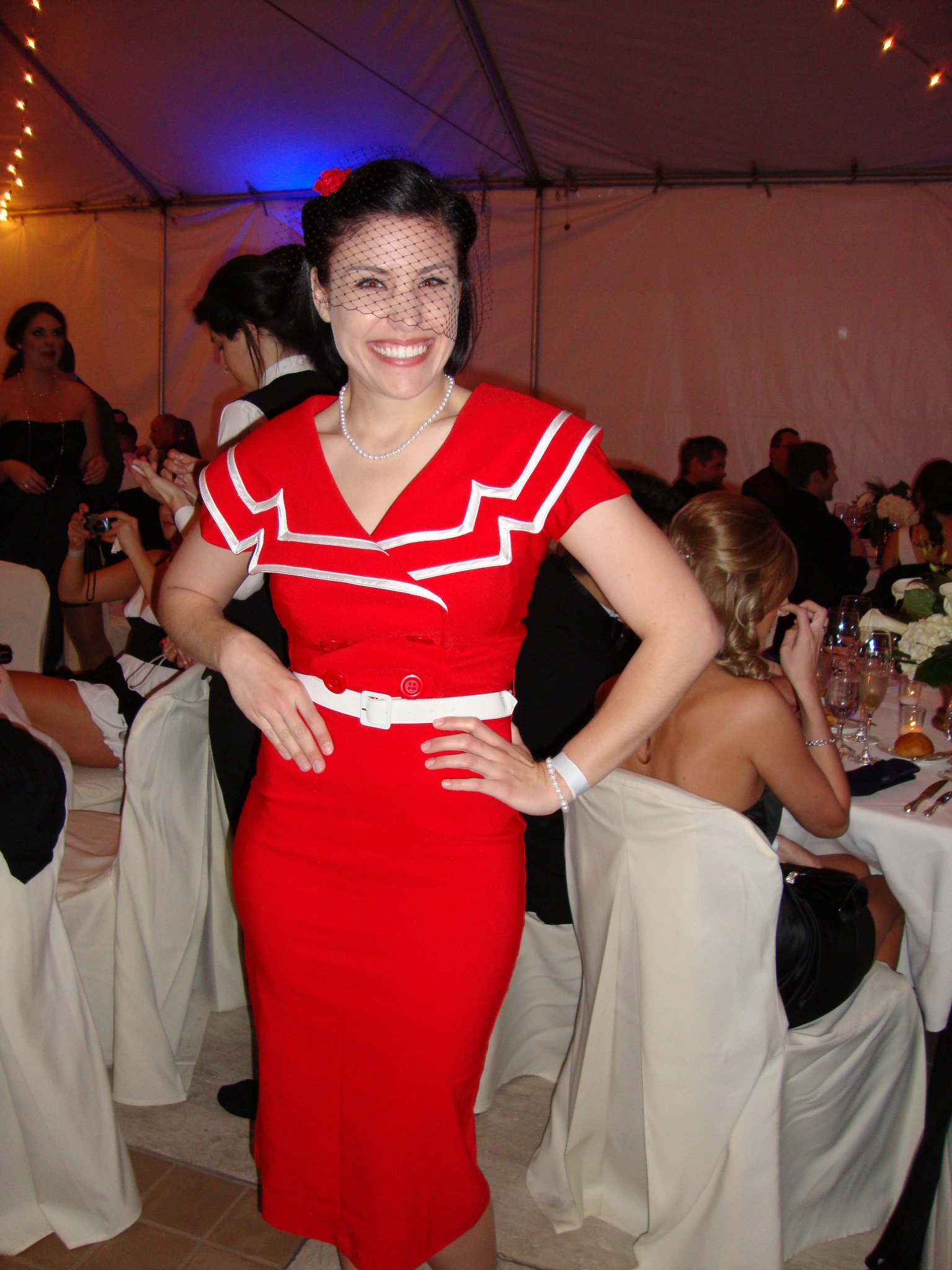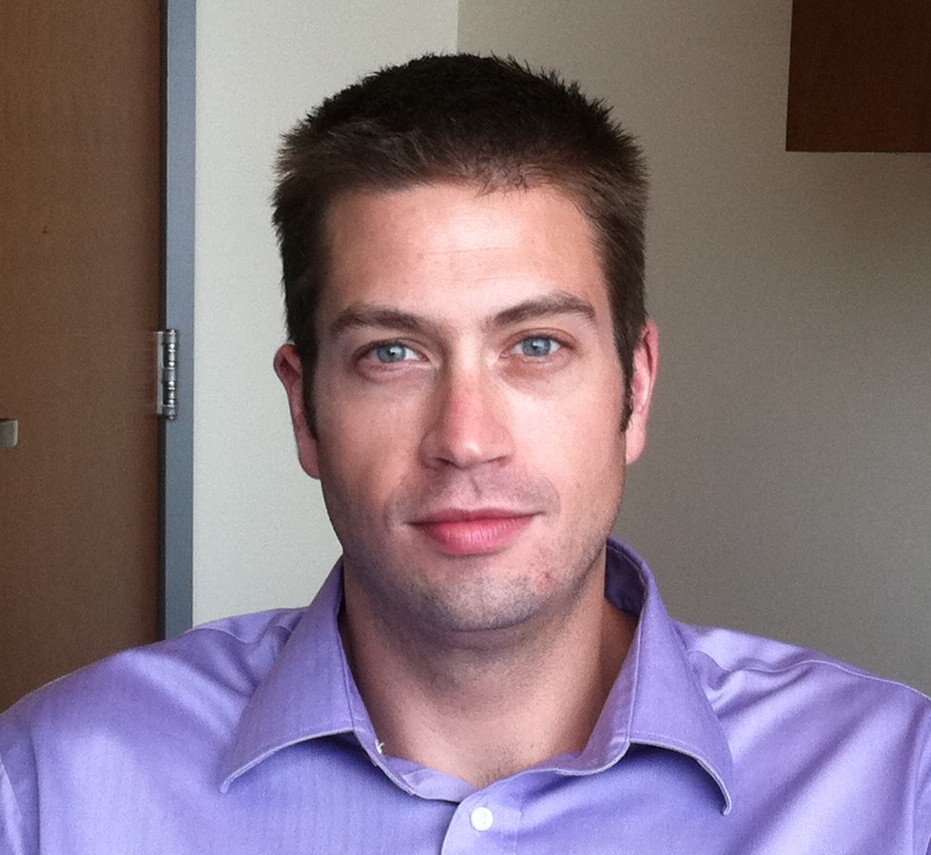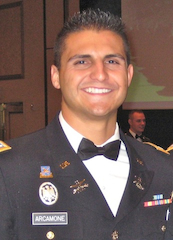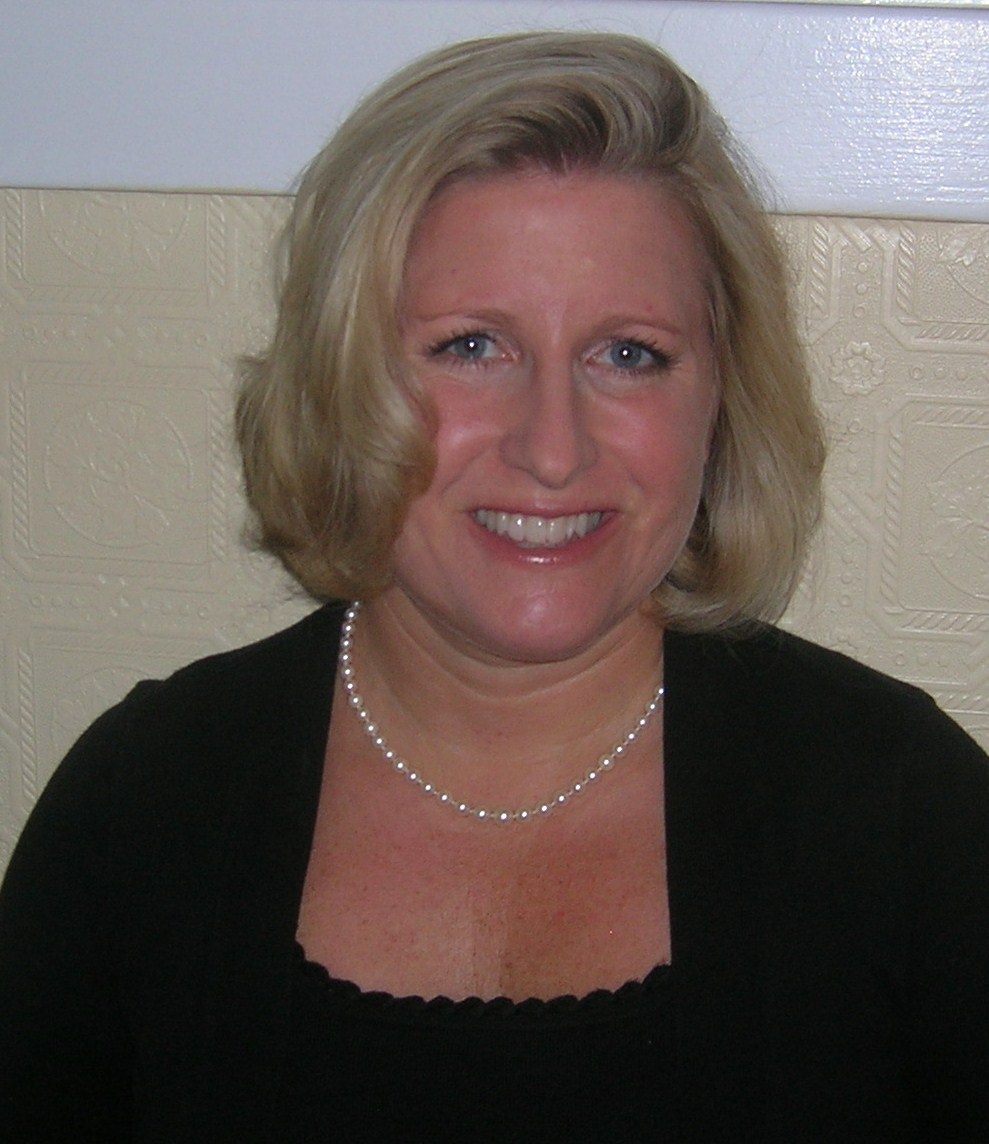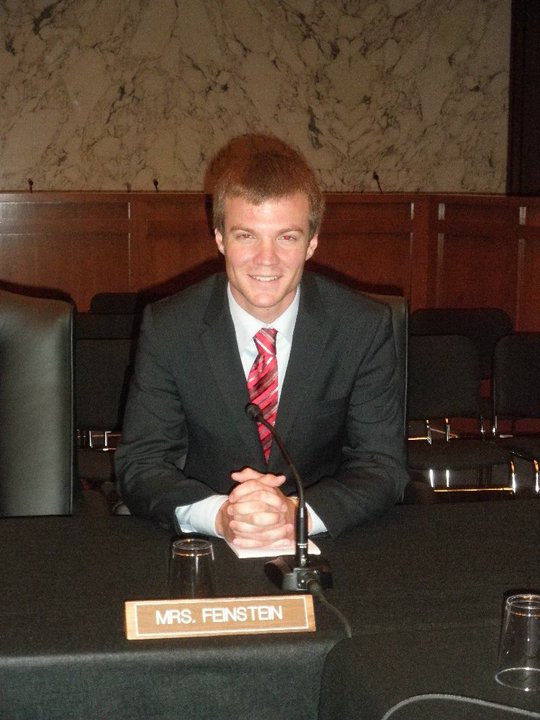When the students of Thomas Jefferson School of Law elected me as Student Bar Association President, I remember feeling a great sense of joy in my heart, and a great weight on my shoulders. Now, as the days of this Administration come to an end, I can look back, happy and satisfied.
As an organization, we represented students and brought issues, concerns, and ideas to the forefront and fought for our colleagues. I kept to the principles that define me, principles that revolve around strong character, ethics, and treating our fellow colleagues, faculty, staff, and the community according to the Golden Rule.
The Student Bar Association was able to move forward and we gained respect, influence, and effectuated change. We were able to build upon a great student newspaper and in all of the committees and departments within the Student Bar Association. Moreover, Student Organizations held great events, communicated wonderfully, and continued the teamwork needed with the Student Bar Association and the Administration.
We were able to keep under budget and fundraise money for the students and next year's administration. We gave back to the students and offered discounts and access to things and events that may have been unthinkable in the past. We also planned a historic Barristers Ball 2011 at The Westgate Hotel. This Barristers Ball included District Attorney Bonnie Dumanis, Public Defender Henry Coker, and TJSL Trustee Randy Grossman presenting a Lifetime Achievement Award to Dean Rudy Hasl for his service and commitment to Thomas Jefferson School of Law and Law Schools across the country.
I am excited about the things the next Administration has in store. The current Student Bar Association made a great team, while the next SBA is set to move forward, with grace, strength, and a strong quality of leadership. The Inaugural National Sports Negotiation Competition in the Fall of 2011 is going to add a great value to the school's reputation and recognition, which I personally look forward to seeing through to the end.
We built upon a strong reputation in the local and broader legal community with Bar Representatives. Our community outreach Committee continued its strong relationship with Father Joe's Villages and the San Diego Community. We continued our public relations and online development with the students, Student Organizations, Communications, the Web Design team, and the community.
We grew a great athletic intramural program, ran a great and clean election with many candidates and a large turnout, and helped to facilitate changes to the graduation program that will be seen by students and their guests for years to come.
With that, I would like to offer the seven (7) things that are a “must” in law school and throughout life:
1. Professionalism: it began before you started law school, but you must learn it and master it before you leave law school. This applies to email communication, Facebook, what you wear and where you wear it.
2. Networking: this is how you will meet new people, grow in life and knowledge, and earn a job. Network with 1Ls, 2Ls, and 3Ls, the bar associations, faculty, staff, and local attorneys. Networking = be friendly, be genuine, be consistent.
3. Get involved: with the Student Bar Association, Student Organizations, Student Leadership and Community Service.
4. "If you sign up, show up." Be reliable, be on-time, be there.
5. Use the resources available: Faculty, Career Services, Student Services, Financial Aid, Communications, and all staff.
6. Professional Development: sign up for, try out, and work hard with the Alternative Dispute Resolution Society (ADRS), Mock Trial, Moot Court Honor Society, Law Review and other Student Organizations that sponsor academic competitions.
7. Balance: enjoy and have fun as time goes by fast. If you think law school is difficult, be prepared: preparing for, taking, and passing the bar exam and finding a job is that much harder. Do not be worried, applying the above will prepare you.
In closing, as graduation approaches, and with the bar exam on the horizon, I can honestly say that the three years I have spent with you in law school have been the best three years of my life. The Administration believed in the mission and gave us an opportunity, and I promised to give back and make Thomas Jefferson School of Law a better place by the time I left. I know that as I walk across the graduation stage into my legal career, a legacy has been left and it was our family, teamwork, and support that made that happen. God bless you, God speed, and thank you. It has been a pleasure.

